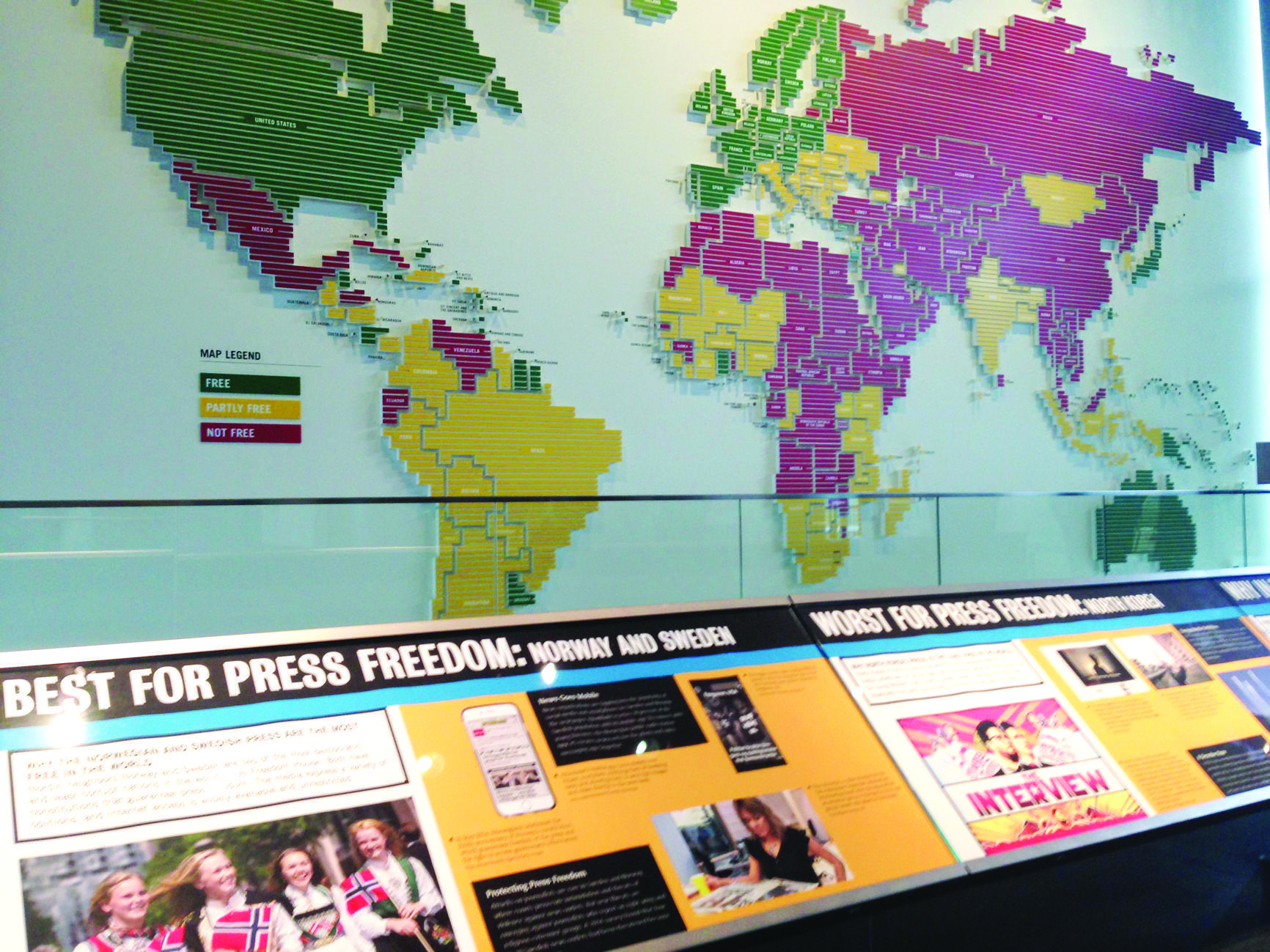Outlook for Turkish media is ‘alarming’ ahead of elections

The World Association of Newspapers and News Publishers (WAN-IFRA) called on the Turkish government on May 31 “to urgently recognize the importance of plural voices within the media and to provide the conditions for independent sources of information” as the country is just a week from critical June 7 elections.
The influential media organization made the call with an alarming note, reminding Turkish authorities that the “diversity of the media is a prerequisite of a democratic society.” The call was made during the 67th World Media Congress meetings in Washington.
There are three particular issues mentioned in the call:
1) The release of the remaining journalists still imprisoned “because of their professional activities.”
“[Using] anti-terror legislation to jail journalists is a flagrant abuse of executive power,” the statement said.
2) The request of an Ankara prosecutor to the government-run Turkish Satellite Communications Company (TÜRKSAT) to deny the use of satellite infrastructure to critical media outlets – a request particularly aimed at TV stations owned by the Zaman media group;
3) The criticism of President Recep Tayyip Erdoğan’s recent condemnation of leading publication daily Hürriyet after he accused it of conspiring to incite a coup d’état, because of a report about the death sentence given to Egypt’s elected but overthrown president, Mohamed Morsi.
A member of the ruling Justice and Development Party (AK Parti) recently filed a complaint against the prominent editor-in-chief of Hürriyet, Sedat Ergin, for trying to promote terrorism. It was not convincing for even many AK Parti supporters, but hangs over the paper like a sword of Damocles.
Last week the articles of popular daily Milliyet columnist Aslı Aydıntaşbaş were terminated; her latest published column was on media freedom in Turkey.
On the day that the WAN-IFRA statement was made, President Tayyip Erdoğan hit hard publicly on Can Dündar, the editor-in-chief of daily Cumhuriyet, for publishing last week the visual material regarding the military load of the trucks hired by Turkey’s National Intelligence Organization (MİT) and stopped by gendarmerie forces on their way to Syria in January 2014. The government had denied at the time that there was any military material on the trucks, but now both Erdoğan and Prime Minister Ahmet Davutoğlu are saying the load was going to a Turkmen group in Syria for their protection and to publish the content was treason and espionage. “He will not be able to get away with this,” Erdoğan said in publicly denouncing Dündar, without giving his name. “We are not government officials,” Dündar responded in an editorial on June 1. “We are journalists.”
The government has been more sensitive than ever against any kind of criticism in the last weeks before the elections. But exerting direct or indirect pressure on the media not only damages the quality of democracy in Turkey but also gives a real unpleasant image to Turkey abroad.
Turkey doesn’t deserve this and the government had better adopt a tolerant position regarding the freedom of media and freedom of expression like in every developed, liberal democracy.
 The World Association of Newspapers and News Publishers (WAN-IFRA) called on the Turkish government on May 31 “to urgently recognize the importance of plural voices within the media and to provide the conditions for independent sources of information” as the country is just a week from critical June 7 elections.
The World Association of Newspapers and News Publishers (WAN-IFRA) called on the Turkish government on May 31 “to urgently recognize the importance of plural voices within the media and to provide the conditions for independent sources of information” as the country is just a week from critical June 7 elections.